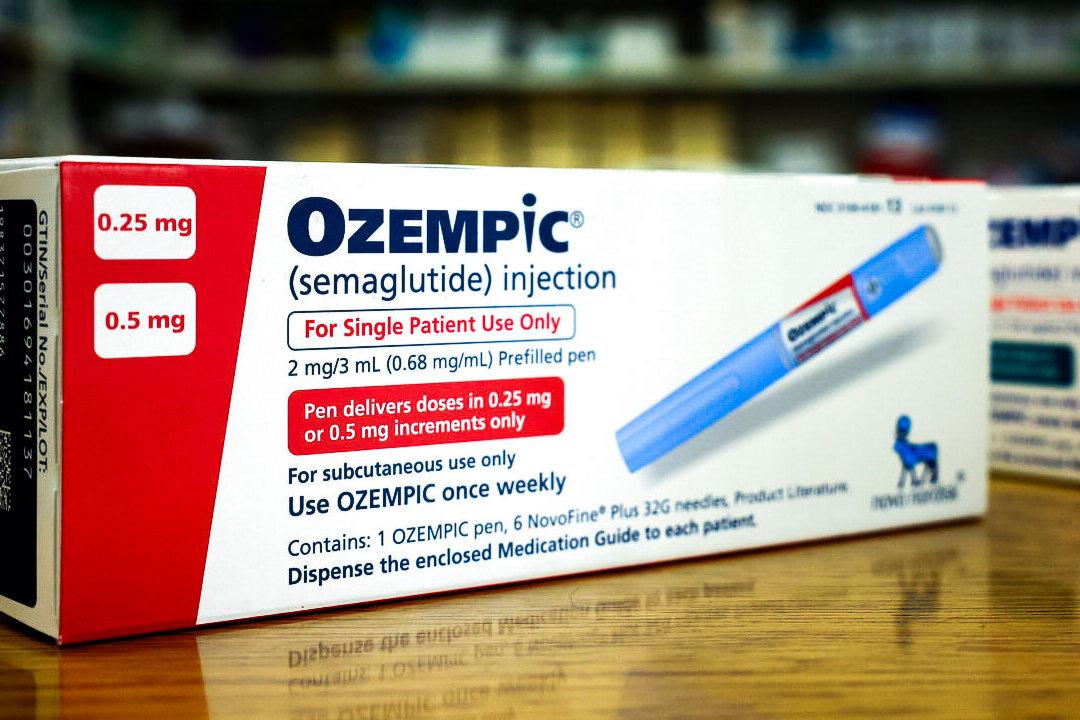People who use diabetes drugs Ozempic or Wegovy may be at increased risk of developing a rare form of blindness, according to a new study published on July 3 in the medical journal JAMA Ophthalmology.
In the study, researchers looked at whether the risk of non-arteritic anterior ischemic optic neuropathy (NAION) is increased in Type 2 diabetics or overweight or obese patients who are prescribed semaglutide—the generic name for Ozempic and Wegovy.




